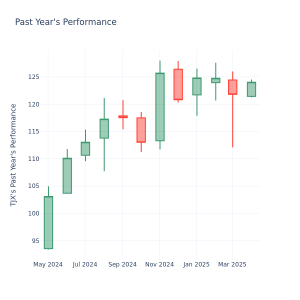
The more money you have, the more you have for scammers to steal. Wealthy Americans make juicy targets for fraudsters. A single well-executed scam can steal hundreds of thousands in one transaction.
Read More: 3 Signs You’ve ‘Made It’ Financially, According to Financial Influencer Genesis Hinckley
Find Out: 8 Common Mistakes Retirees Make With Their Social Security Checks
So what are the most common scams targeting wealthy Americans in the post-Artificial Intelligence (AI) world?
You’ve heard of phishing: attempts to get victims to share sensitive information that scammers can use to steal money or identities. Whaling takes phishing to the next level by personally targeting wealthy or powerful individuals.
“These are not crimes of opportunity — they are targeted, deliberate operations,” said James McQuiggan, security awareness advocate at KnowBe4. “Attackers will use OSINT (open-source intelligence) on the target and their family and friends to gain access. Through social engineering, they will work to build rapport and leverage that trust to gain access.”
Once trust is established, they ask the victim to divulge information, pay fake invoices, or invest in fake opportunities.
Discover More: What Is the Estimated Median Income for the Upper-Middle Class in 2025?
Scammers don’t always try to form a new relationship with their victim. In some ways, it’s easier for them to simply impersonate someone you already know and trust.
Steve Tcherchian, chief information security officer for cybersecurity firm XYPRO, explained how it works: “Scammers use social engineering to impersonate private bankers, accountants, lawyers, or family office staff.
“Using publicly available information or breaches from unrelated platforms, they can create a profile allowing them to craft a convincing email, call, or even a deepfake video to manipulate a high-net-worth individual into approving wire transfers or sharing sensitive credentials — no malware or hacking necessary.”
Impersonation fraud often happens in the investment world.
“With the rise of AI, it’s become alarmingly easy for scammers to mimic brokers, replicate emails, and use the same tone and structure in their communications,” warned Karin Zilberstein, VP of product at cybersecurity platform Guardio. They can mimic their writing patterns and even create fake audio messages and videos seemingly from that person.
“For example, an executive lost her life savings to a real estate scam when she received a fraudulent email from a hacker posing as her mortgage broker, instructing her to wire a $398,359 downpayment,” she said.
